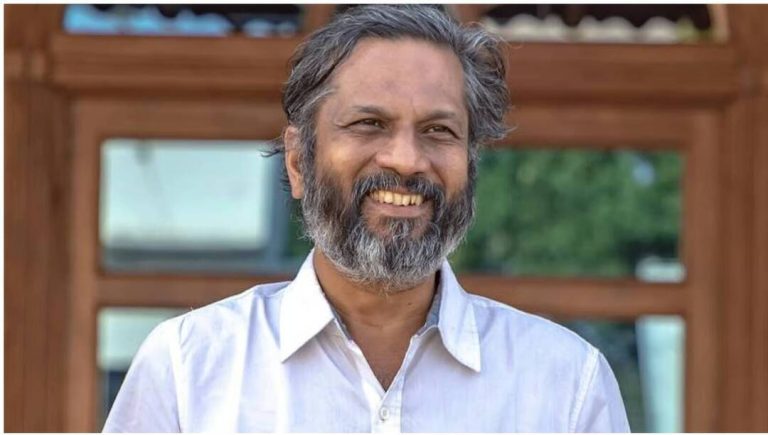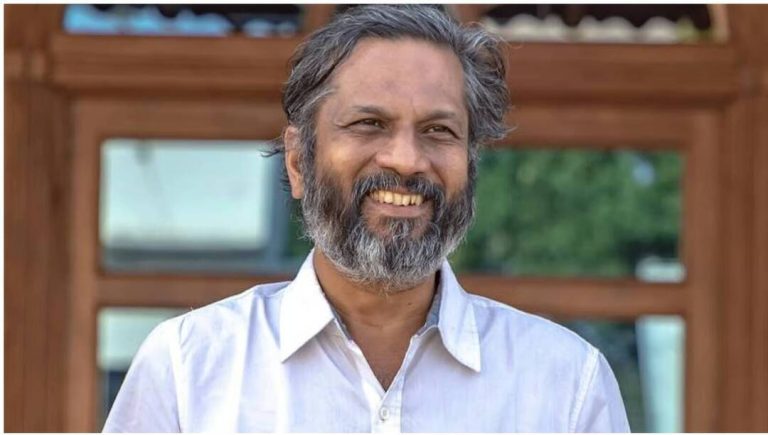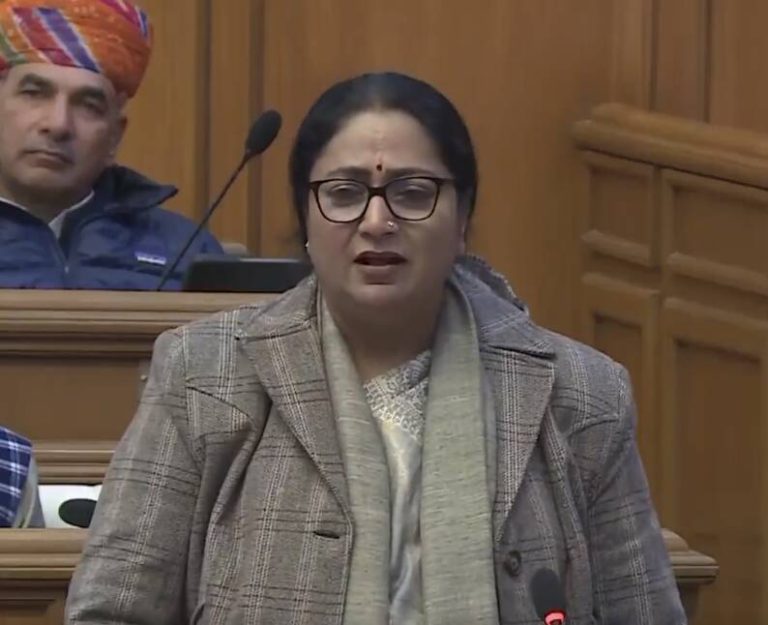
Over 2.2 billion people still offline, UN report reveals
In today’s digital age, it’s hard to imagine a life without the internet. From staying connected with loved ones to accessing a vast array of information, the internet has become an integral part of our daily lives. However, a new report by the United Nations (UN) reveals a stark reality: over 2.2 billion people, more than a quarter of the world’s population, have never used the internet. This staggering number highlights the significant digital divide that persists globally, despite widespread 3G and growing 5G coverage.
The report emphasizes that access to the internet remains unequal, with low-income countries, rural regions, and parts of Africa being the most affected. The digital divide is not just a matter of access; it also perpetuates existing social and economic inequalities. The lack of internet access limits opportunities for education, employment, and economic growth, ultimately hindering the development of entire communities.
Young people, typically the most tech-savvy demographic, are the most connected group. However, even among this age group, there are significant disparities. In developed countries, young people are more likely to have access to the internet and digital technologies, while their counterparts in developing countries face significant barriers. The report highlights that in the least developed countries, 71% of the youth population remains offline.
Affordability is a major factor contributing to the digital divide. The cost of internet services, devices, and data plans is often prohibitively expensive for low-income households. In many developing countries, the average cost of a basic mobile phone plan can exceed 10% of the monthly income, making it unaffordable for many. Furthermore, the lack of digital infrastructure, including mobile networks and internet exchange points, exacerbates the problem.
Infrastructure gaps are another significant challenge. In many rural areas, the lack of reliable and high-speed internet connectivity makes it difficult for people to access online services, education, and information. The report notes that in 2020, only 35% of rural areas globally had access to 3G or higher mobile broadband coverage, compared to 89% in urban areas.
The consequences of the digital divide are far-reaching. Without access to the internet, people are excluded from the many benefits of digital technologies, including e-commerce, online education, and telemedicine. This exclusion can perpetuate poverty, limit economic opportunities, and hinder social mobility. Furthermore, the lack of digital literacy and skills can make it difficult for people to participate in the digital economy, leading to a vicious cycle of exclusion and disadvantage.
The UN report emphasizes the need for urgent action to address the digital divide. Governments, international organizations, and the private sector must work together to increase access to affordable and reliable internet connectivity, particularly in low-income countries and rural areas. This can be achieved through investments in digital infrastructure, subsidies for low-income households, and initiatives to promote digital literacy and skills.
In addition, the report highlights the importance of addressing the specific needs of different groups, including women, girls, and people with disabilities. These groups often face unique barriers to accessing the internet, including social and cultural norms, lack of digital literacy, and inaccessible technologies.
In conclusion, the UN report’s findings are a stark reminder of the significant digital divide that persists globally. The fact that over 2.2 billion people remain offline is a pressing concern that requires immediate attention and action. By addressing the affordability and infrastructure gaps, promoting digital literacy and skills, and ensuring that digital technologies are accessible and inclusive, we can work towards a more equitable and connected world.
As we move forward, it is essential to recognize the importance of internet access as a fundamental human right. The ability to access information, connect with others, and participate in the digital economy is essential for individual and collective empowerment. By bridging the digital divide, we can unlock the full potential of digital technologies to drive economic growth, social development, and human progress.






